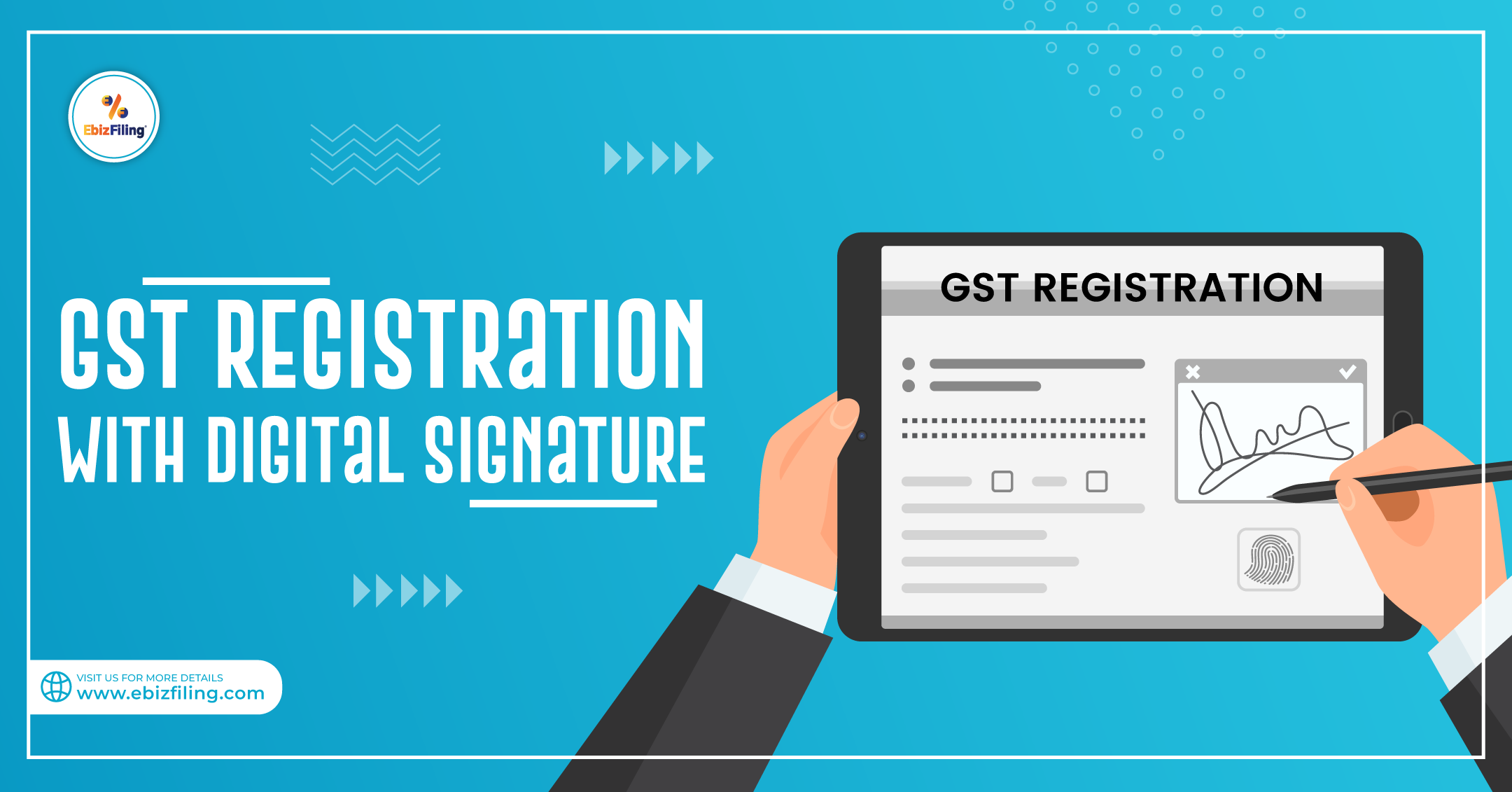How to Find the most effective GST Registration Services in Singapore Promptly
How to Find the most effective GST Registration Services in Singapore Promptly
Blog Article
From Beginning To End: The Ultimate Roadmap to GST Enrollment for Companies Seeking Financial Stability
Navigating the complexities of Goods and Solutions Tax (GST) enrollment is a vital action for businesses striving for monetary security. Breaking down the roadmap into workable steps can improve the enrollment trip for companies looking to boost their monetary standing.
Understanding GST Basics
Looking into the basic concepts of Goods and Services Tax Obligation (GST) is vital for obtaining an extensive understanding of its effects on businesses and the economy. GST is a value-added tax imposed on the majority of items and solutions for domestic consumption. It has changed multiple indirect taxes that existed in the pre-GST period, simplifying the tax framework and enhancing convenience of doing service in India. Under the GST system, both solutions and goods are tired at a particular rate, which is established based on their category. If their annual turnover exceeds the threshold restriction set by the federal government, organizations are called for to sign up for GST. Input Tax Credit Report (ITC) is a considerable feature of GST, allowing services to assert credit history for taxes paid on inputs, lowering the overall tax obligation problem. Comprehending the fundamentals of GST is crucial for organizations to follow tax obligation policies, handle their funds efficiently, and add to the country's financial growth by joining a transparent tax obligation system.
Eligibility Criteria for Enrollment
As of the current laws, the threshold limitation for GST enrollment is a yearly accumulation turnover of 40 lakhs for services running within a state, except for unique category states where the restriction is 20 lakhs. Additionally, specific companies are called for to sign up for GST regardless of their turnover, such as interstate distributors, informal taxable persons, and organizations accountable to pay tax under the reverse fee device. It is essential for companies to extensively assess their turnover and transaction types to establish their GST registration commitments precisely.
Records Needed for Enrollment
Having satisfied the qualification standards for GST enrollment, companies need to now ensure they have the requisite files in position to wage the registration process effectively. The documents needed for GST registration normally consist of evidence of service constitution, such as collaboration action, enrollment certification, or incorporation certification for various kinds of organizations. Additionally, businesses need to offer files developing the principal workplace, such as a rental contract or electrical power bill. Frying pan card of the business, in addition to the identification and address proof of promoters/partners/directors, are important for confirmation purposes. Savings account declarations, together with terminated cheques or a duplicate of the financial institution passbook, are called for to validate the economic details provided throughout enrollment. In addition, companies must have digital signatures prepared for the authorized signature. Ensuring all these papers are organized and easily offered will speed up the GST enrollment procedure, making it possible for companies to adhere to tax regulations effortlessly.
Step-by-Step Registration Process
Commencing the GST registration procedure entails a collection of structured steps to make certain a smooth and compliant registration for companies. The primary step is to go to the GST website and complete the registration type with accurate information of business entity. Following this, the applicant obtains a Short-lived Referral Number (TRN) which is used to resume the application process if it's not finished in one go.
Following, all needed records based on the checklist provided by the GST portal requirement to be published. These records generally include proof of company published here identity, registration and address evidence of promoters, monetary statements, and service entity's frying pan card.

Post-Registration Conformity Guidelines

Final Thought
Finally, businesses seeking financial stability needs to recognize the fundamentals of GST, meet qualification requirements, collect essential files, comply with the detailed enrollment procedure, and conform with post-registration guidelines - Best GST registration services in Singapore. By adhering to these actions, organizations can make certain compliance with tax obligation laws and preserve economic security over time
Furthermore, certain companies are needed to sign up for GST irrespective of their turn over, such as interstate vendors, informal taxable individuals, and services accountable to pay tax under the reverse cost system.Having met the qualification requirements for GST enrollment, businesses must currently guarantee they have the requisite papers in place to why not try here continue with the enrollment procedure efficiently. The papers required for GST enrollment generally include evidence of service constitution, such as collaboration deed, registration certification, or consolidation certification for various kinds of businesses. Additionally, organizations require to give records developing the major location of organization, such as a rental arrangement or electricity bill.Beginning the GST registration procedure involves a series of structured actions to make certain a seamless and certified registration for businesses.
Report this page